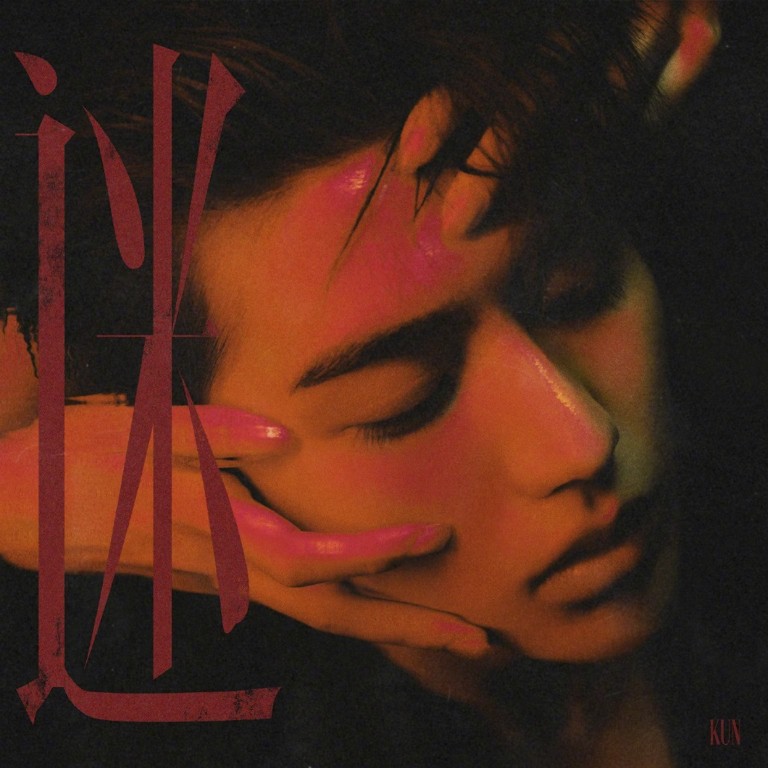
5 Chinese R&B albums to listen to right now, from Kun’s Mystery to the explicit Pedestal by Ozi
- R&B is one of the fastest growing genres for Chinese music lovers, according to Tencent data, trailing only rap and electronica
- Here are five Chinese R&B artists and the albums we think are worth checking out, from Kun and his Mystery debut album to the funky Fresh Soul by Matt Lv
Chinese R&B has gone mainstream, and what used to be a niche genre is now gaining a following in China and overseas.
According to a recent report released by Tencent’s research institute – which mined data from streaming platforms QQ Music, KuGou Music and Kuwo Music – R&B is one of the fastest growing music genres in China, with 2021 recording a 4.5 per cent increase in number of releases over the previous year.
The genre trailed behind rap and electronica, which saw 13.8 per cent and 11.8 per cent growth, respectively.
Curious about its appeal? Here’s a list of Chinese R&B releases in the past year that you should check out.
Mystery by Kun (Cai Xukun)
Ex-Swin member Kun shed his boy-band roots and became a sophisticated solo artist with his record-breaking album Mystery, which sold more than 2 million digital copies within the first 12 hours of its release in April 2021.
Kun’s magnetic voice and extensive range is present throughout Mystery, especially on Feeling Her, a jazz-infused number about a seductively regretful encounter. On Desire, Kun sings about the effects of fame over a trap beat.
Before the Covid-19 pandemic, Kun had been expanding his global reach - in 2019 he embarked on his first international tour in the UK, before heading to North America.
Once Upon A Moon by Tia Ray (Yuan Yawei)
The neo-soul singer’s latest album is a stand-out in the Chinese music landscape, where traditional ballads and pop songs still largely dominate. Collaborating with both domestic and American musicians, Tia Ray successfully hybridises Western sound with the Chinese language.
The moon is the recurring theme of an album created late at night or during wee-hour studio sessions, and the songs are sensual, romantic and calming. There’s something for everyone - lullabies like Kismet and Circle are soft enough to rock a baby to sleep to, while upbeat bangers like Gravity and Harmony can brace a working adult against the stresses of city life.
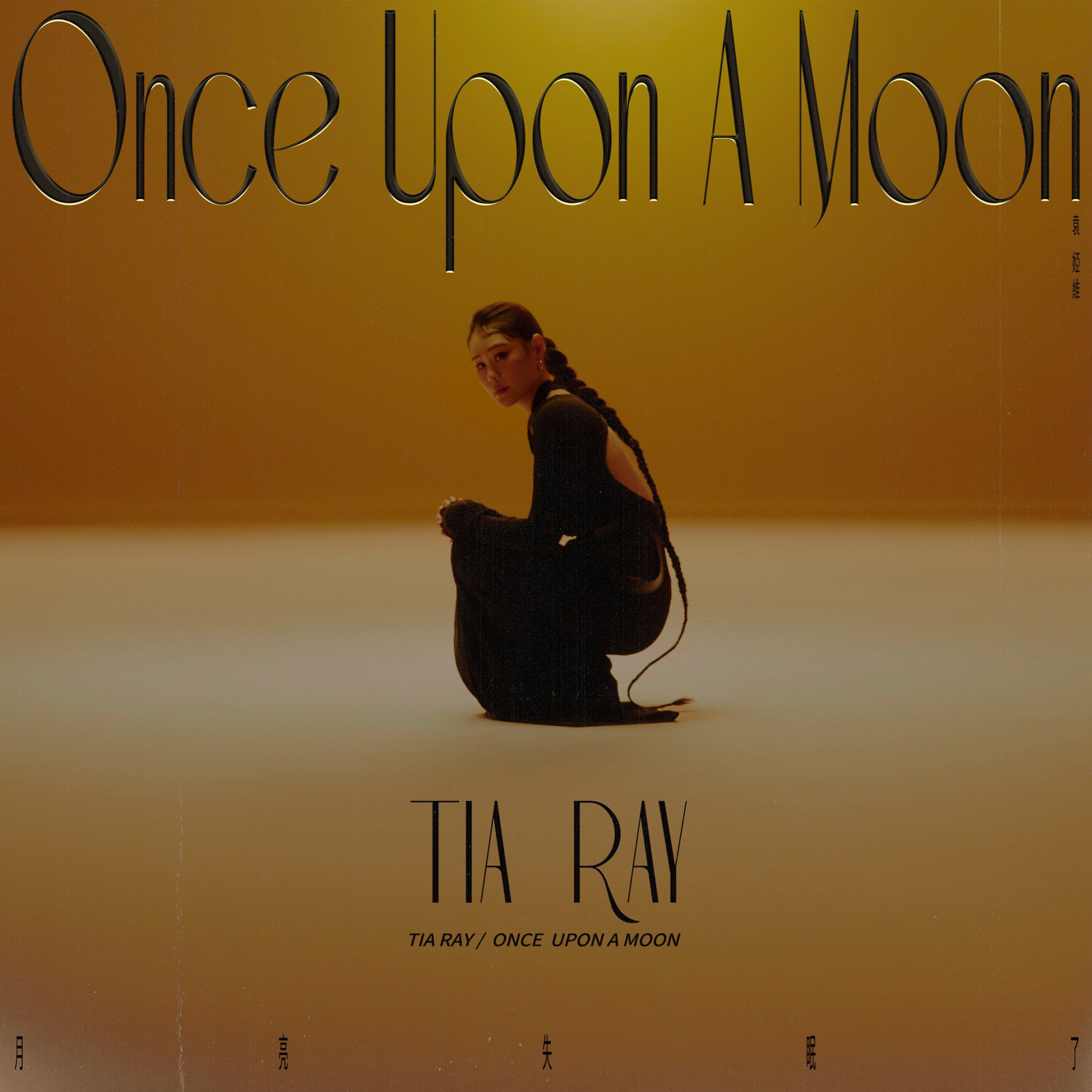
The highlight of the album is Little Too Much, a pop-infused tune created by Tia and writer-producer duo The Monarch, whose credits can be found in the discographies of US singers Chris Brown, Kelly Clarkson and Adam Lambert.
Fresh Soul by Matt Lv (Lu Yanliang)
Following the success of his breezy, soulful single Fly, the 18-year-old singer from Shanghai released his self-written, self-produced debut album in September 2021, realising a dream that he had had since he was six, when he heard R&B for the first time (Khalil Fong’s Spring Breeze, which his father played in the car).
The album title encapsulates its essence: it’s a youthful, refreshing take on an age-old genre, with a focus on a lighthearted romance. While parallels can be drawn between Matt’s work and that of singers like Frank Ocean and Giveon, Fresh Soul should be viewed through the lens of a Chinese youngster trying to earn the affection of his “almost-lover”.
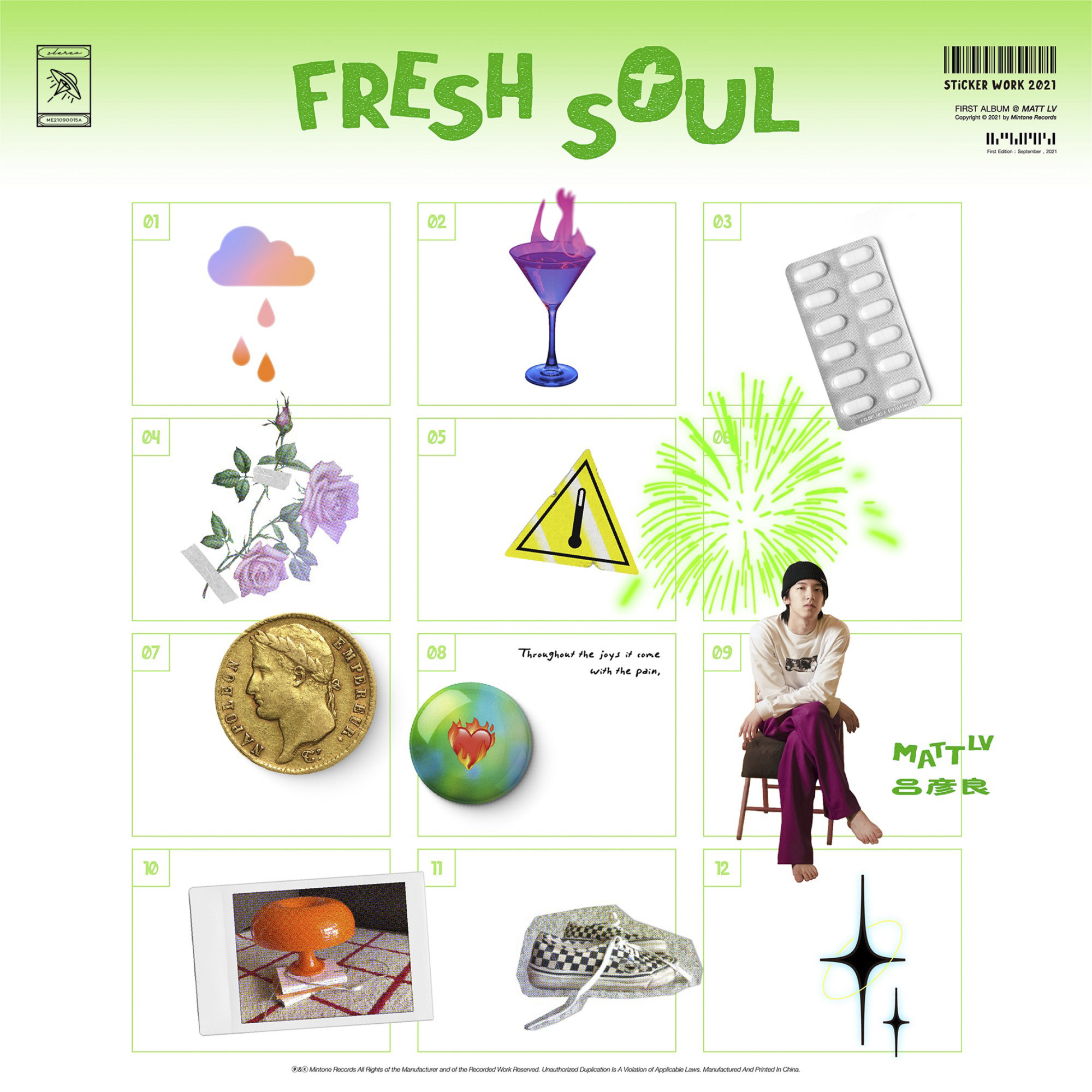
Matt’s voice is soothing and natural on Fresh Soul and without extensive post-production. Waterloo and How Much I Love You are prime examples of feelgood R&B, especially when played on the now sold-out vinyl edition of the album.
Matt has been nominated for best new artist at the upcoming Golden Melody Awards, and he is set to enrol in the Musicians Institute in Los Angeles, California, this summer, which also trained Chinese singer Bibi Zhou Bichang.
Pedestal by Ozi (Chen Yifan)
The son of 1980s Taiwanese pop singer Irene Yeh Ailing and renowned photographer Chen Wenbin, Ozi’s artistic ambitions are rebellious and nontraditional.
He was briefly a student at the prestigious Berklee College of Music in the US state of Massachusetts before being encouraged by his teacher to quit and begin his career.
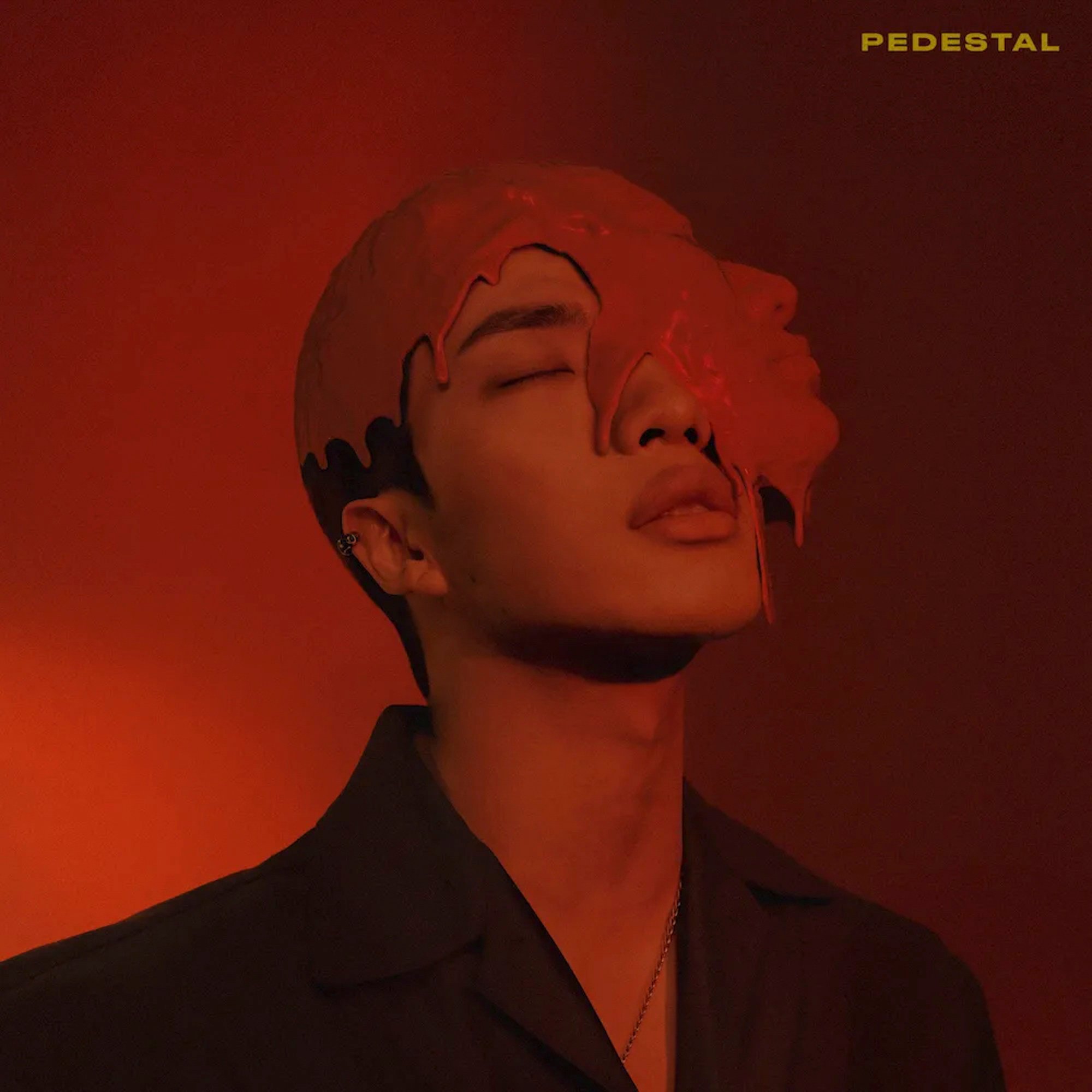
Pedestal is a boundary-pushing piece about the singer’s romantic and sexual excursions. Lyrics of such frankness are common in Western contemporary R&B but relatively rare in C-pop, hence it is almost matchless in terms of its boldness.
The young talent collaborated with Korean singer G.Soul and US singer Arin Ray on LUFU, one of the album’s most melodic tunes that is accompanied by a video that Ozi co-directed. Similarly, 0.03 (named after the thickness of a condom) is a high point of the album lyrically and sonically, and was temporarily banned on YouTube for explicit content.
Gone Gold by Lexie Liu (Liu Boxin)
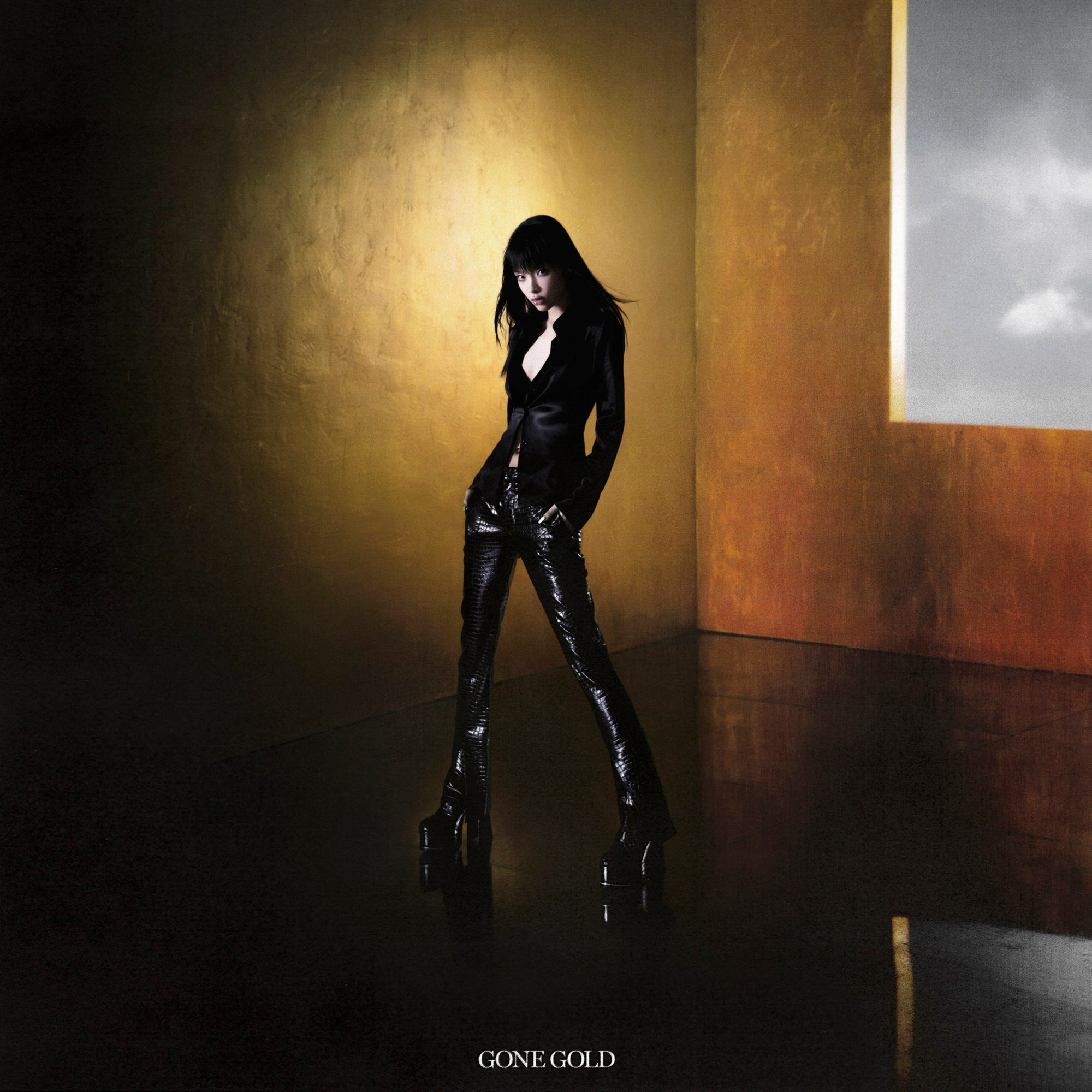
Like the other albums on our list, Gone Gold has an avant-garde sound that fuses Chinese and Western elements – but Liu is more focused upon her experimentation with electronica in this gaming-inspired piece of work.
The term “gone gold”, meaning a video game has been produced and sent off for release, echoes the birth of the album’s innovative sound. In ALGTR, written and produced at the start of the pandemic, Liu wanted to capture a sense of the unknown and mistrust that was felt then around the world.

